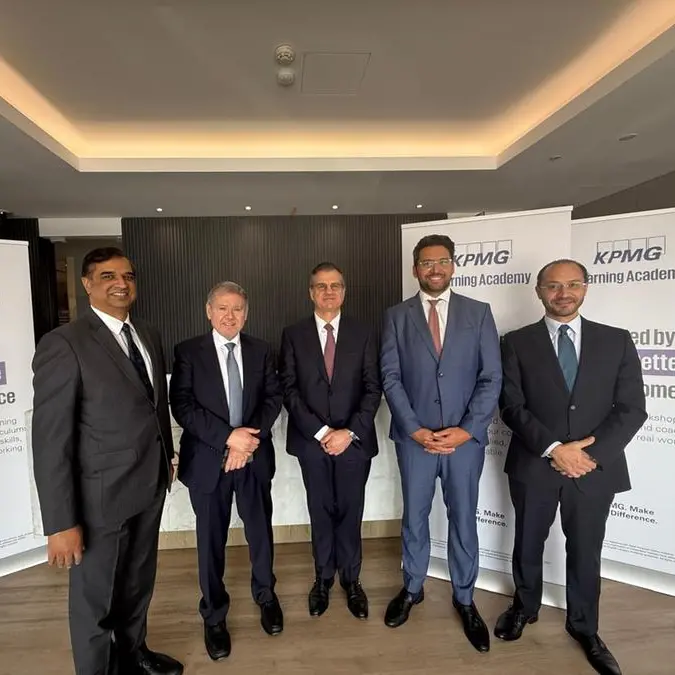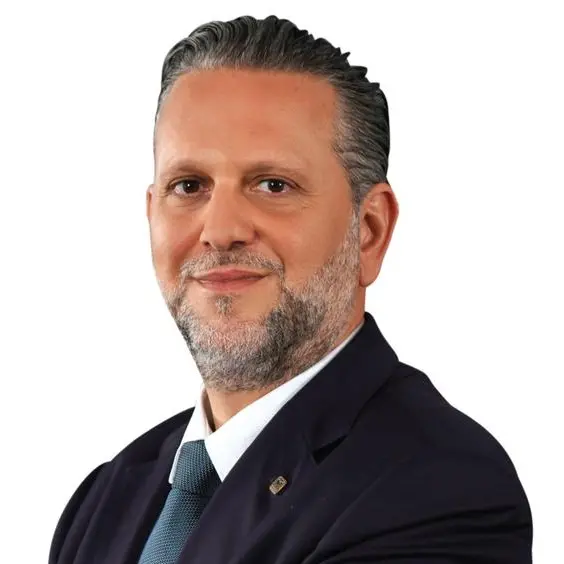Dubai: PwC released its latest report “In Focus: Education and the Workforce of the Future in the Middle East”, part of the Future of Work series. The report focuses on the insights of employers seeking the right talent in the workforce.
The gap between graduating students and employers’ expectations on workplace skills, and what it will take to survive and thrive in an increasingly digital world, is top of mind for educators world-wide. We therefore interviewed eight vice-chancellors and leaders from well-established higher education institutions in the UAE and KSA on their reaction to our Workforce of the Future report.
Our survey shows that Middle East educators are a testament to how seriously educators are taking the responsibility for preparing youth for the workforce of the future. But also, not surprisingly, they sound an urgent plea for employers to understand the art of the possible and collaborate with them on this joint challenge. Particularly as students in the region are, from their perspective, often “blissfully optimistic” about their future and ability to survive and thrive.
“They think that because they are tech savvy they will be able to keep up with whatever is needed” (Head of Strategy at a large UAE university).
Educators today are prioritising data and analytical fluency and believe in introducing 21st century skills that prepare students to be more future-proof. According to Dr Tod Laursen, former President of Khalifa University, one of the leading regional science and technical universities, students who are tech savvy become infantilised as they grow dependent on technology. Employers pointed that communication skills is one of the most important 21st century skills to develop and can be influenced by societal and cultural issues as per the survey respondents.
Dr Abdulrahman Alangari, a faculty member from King Saud University (KSU), and advisor to the KSA Ministry of Education believes this is particularly an issue in Saudi: “Employers still complain that communication skills are a real gap - but in my view this is also a societal/cultural issue. Young Saudis need to get more comfortable speaking up for themselves, doing more presentations, working in teams.”
The report also highlights the impact of AI on the education sector. All respondents see potential for AI to support student success through adaptive learning and providing more impactful student support: Middle East students are diverse, tend to be quite dependent on their families, and many struggle to adapt to an independent student life. However, only two out of the eight universities, Emirates Aviation University and the Higher Colleges of Technology who are running exploratory AI pilot projects, are actually using AI tentatively today, and both admit they are at very early stages. This is not an uncommon finding worldwide, but the pace of experimentation and innovation is picking up and many see great potential for AI to radically disrupt education and support meeting the talent development challenge.
Sally Jeffery, Global Education & Skills Network Leader, PwC Middle East and the author of the report said: “Students are mostly excited and optimistic about their future and their ability to keep up with technology, and do not seem to share their educators’ concerns about having the right skills for the workplace, particularly at the undergraduate level.”
Sally added: “This optimism was echoed by UAE students at a recent case competition where I was a judge – one group of students representing five of the UAE universities looked forward to ‘bouncing about’ start-up businesses in a freelance, project-driven job market, a world where large corporate employers were largely irrelevant to their future. Sobering.”
The full report can be found here: https://www.pwc.com/m1/en/publications/workforce-of-the-future/spotlight-on-education.html
About PwC
At PwC, our purpose is to build trust in society and solve important problems. We’re a network of firms in 158 countries with more than 250,000 people who are committed to delivering quality in assurance, advisory and tax services. Find out more and tell us what matters to you by visiting us at www.pwc.com.
Established in the Middle East for 40 years, PwC has 22 offices across 12 countries in the region with around 5,200 people. ( www.pwc.com/me ).
PwC refers to the PwC network and/or one or more of its member firms, each of which is a separate legal entity. Please see www.pwc.com/structure for further details.
© Press Release 2019Disclaimer: The contents of this press release was provided from an external third party provider. This website is not responsible for, and does not control, such external content. This content is provided on an “as is” and “as available” basis and has not been edited in any way. Neither this website nor our affiliates guarantee the accuracy of or endorse the views or opinions expressed in this press release.
The press release is provided for informational purposes only. The content does not provide tax, legal or investment advice or opinion regarding the suitability, value or profitability of any particular security, portfolio or investment strategy. Neither this website nor our affiliates shall be liable for any errors or inaccuracies in the content, or for any actions taken by you in reliance thereon. You expressly agree that your use of the information within this article is at your sole risk.
To the fullest extent permitted by applicable law, this website, its parent company, its subsidiaries, its affiliates and the respective shareholders, directors, officers, employees, agents, advertisers, content providers and licensors will not be liable (jointly or severally) to you for any direct, indirect, consequential, special, incidental, punitive or exemplary damages, including without limitation, lost profits, lost savings and lost revenues, whether in negligence, tort, contract or any other theory of liability, even if the parties have been advised of the possibility or could have foreseen any such damages.



















